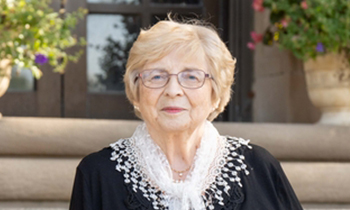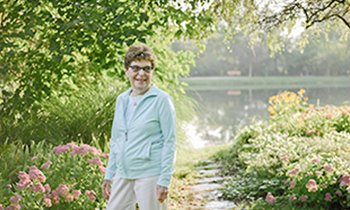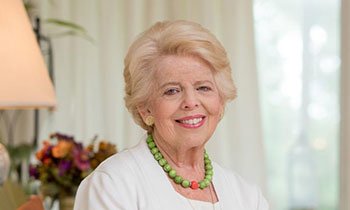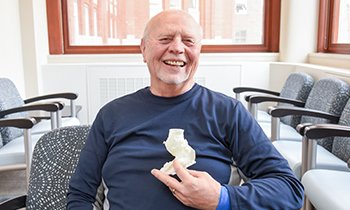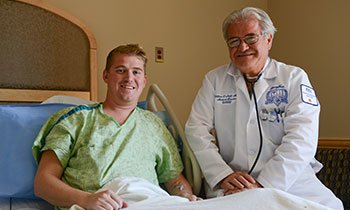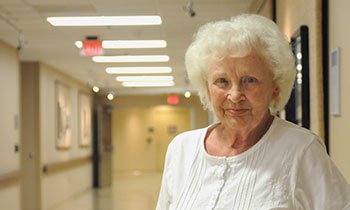Patient Success Stories
Patient care that sets us apart
At Henry Ford Health, our experienced cardiologists help people who have been turned away from other heart centers. Through advanced research, we develop innovative treatments that bring hope to our patients with any kind of structural heart disease—no matter how serious.
One of the most advanced techniques we use is transcatheter aortic valve replacement (TAVR). Medical director emeritus at the Center for Structural Heart Disease, William W. O’Neill, M.D., performed the first TAVR procedure in the United States. Along with other members of the team, Dr. O’Neill developed a new way to access the aortic valve called the transcaval approach. Learn more about transcatheter aortic valve replacement (TAVR) and the transcaval approach—available only at Henry Ford.
Our experts in structural heart disease work together to understand the condition and your overall health. We bring together expertise from several specialties to customize a treatment plan specifically for you. Read on to see how we helped these patients regain their best possible health through TAVR.
Kay Veitengruber
Nothing helped Kay’s severe heart issues. Until she got referred to our structural heart team and took part in a groundbreaking heart valve device trial.
Carole Wesner
82-year-old Carole is back to her normal routine after her TAVR procedure. “It was wonderful to be able to have this fantastic, unbelievable procedure done by such wonderful people at Henry Ford Macomb Hospital, so close to home.”
Julie Oldani
Being the 4th patient in the world to receive the BASILICA procedure, our heart team gave Julie a breath of fresh air.
Dennis Stora
3D printing helped identify exactly where the leak in Stora’s aortic valve was and how to best approach repairing it.
Andy Smith
One of the youngest TAVR patients in the U.S. needed a replacement for a worn-out mechanical valve that had been replaced with open-heart surgery years before.
Viola Waller
Our heart team used a new approach that they had created, the transcaval approach, to replace a failing aortic valve for this great-grandmother.
.svg?iar=0&hash=F6049510E33E4E6D8196C26CCC0A64A4)

/hfh-logo-main--white.svg?iar=0&hash=ED491CBFADFB7670FAE94559C98D7798)
